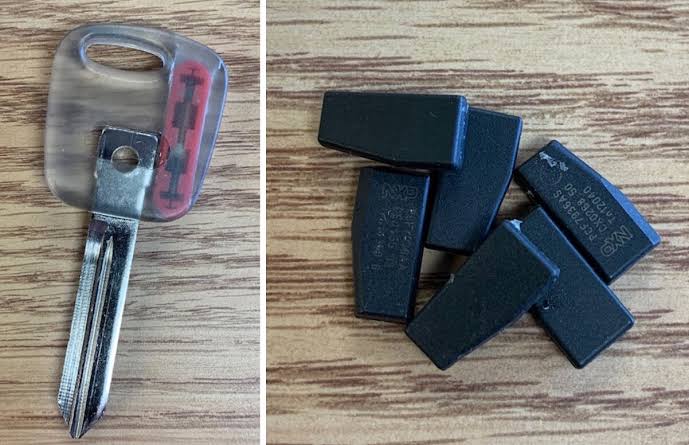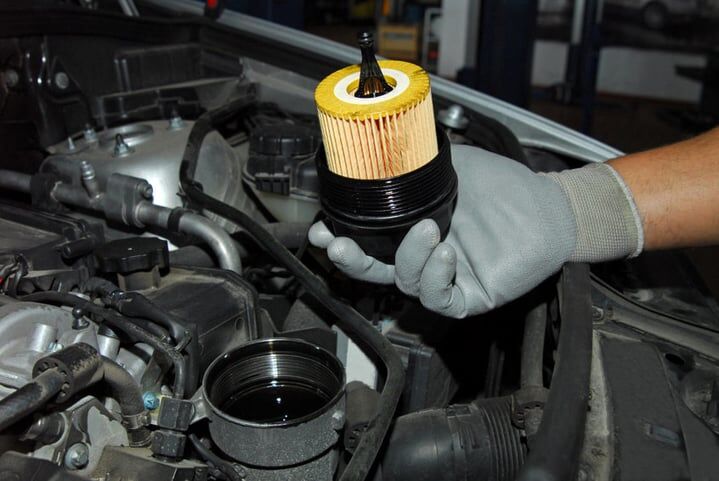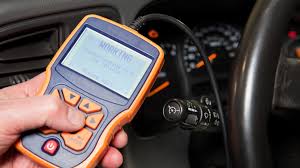Will a Bad A/C Compressor Affect the Engine?

If your air conditioning (A/C) system is malfunctioning, you may wonder if a bad A/C compressor could affect the overall performance of your engine. While the A/C compressor and engine are separate components, they are interconnected in certain ways. Let’s take a closer look at how a bad A/C compressor can impact your vehicle’s engine.
Understanding the Role of the A/C Compressor
What Is an A/C Compressor?
The A/C compressor is a crucial component of your vehicle’s air conditioning system. It is responsible for compressing and circulating refrigerant throughout the A/C system. The compressor helps cool down the air inside the cabin by turning the refrigerant from a gas to a liquid, which is then sent through the condenser and evaporator coils.
How Is the A/C Compressor Connected to the Engine?
The A/C compressor is powered by the engine through a serpentine belt. When the compressor is engaged, the engine has to work harder to provide the power needed to run the A/C system. This means that, even though the A/C compressor is part of the A/C system, it relies on the engine to operate.
How a Bad A/C Compressor Can Affect the Engine
1. Increased Engine Load
A bad A/C compressor can increase the load on your engine. When the compressor is failing, it may seize up or become inefficient, causing the engine to work harder to turn it. This additional strain on the engine can lead to reduced engine performance, higher fuel consumption, and potential overheating.
- Seized compressor: If the compressor seizes up completely, it can prevent the engine from turning the serpentine belt properly, which can cause the engine to stall or overheat.
- Sluggish performance: A compressor that is not functioning correctly may still engage intermittently, placing unnecessary load on the engine and affecting overall performance.
2. Reduced Fuel Efficiency
Since the A/C compressor relies on engine power, a malfunctioning or failing compressor can cause the engine to work harder to keep the system running. This extra strain results in reduced fuel efficiency, as the engine consumes more fuel to compensate for the added load.
3. Overheating
If the A/C compressor is malfunctioning, it can also lead to engine overheating. When the compressor is stuck in a locked position or its internal components are damaged, it may cause excessive friction and heat buildup. This can put additional stress on the engine and the cooling system, potentially leading to overheating.
Signs of a Bad A/C Compressor
If you’re experiencing issues with your A/C system, here are some signs that your compressor might be the culprit:
- No Cold Air: If your A/C is blowing warm air, the compressor might not be functioning properly.
- Unusual Noises: A grinding or squealing noise from the engine bay could indicate a failing compressor.
- Visible Leaks: Leaking refrigerant around the compressor can signal a problem with the A/C system.
- Increased Engine Strain: If you notice the engine working harder, struggling to maintain idle, or experiencing sluggish performance, the compressor may be overloading the engine.
Can You Drive with a Bad A/C Compressor?
In many cases, it’s still possible to drive your vehicle with a bad A/C compressor, but it’s not ideal. A failing compressor can worsen over time, potentially causing damage to the engine and other parts of the A/C system. If you notice any symptoms of a bad compressor, it’s a good idea to have it checked and repaired by a professional mechanic.
What to Do if You Have a Bad A/C Compressor
If you suspect that your A/C compressor is causing problems for your engine, follow these steps:
- Stop Using the A/C: Turn off the A/C to reduce the load on your engine while you arrange for repairs.
- Get a Diagnostic Check: Visit a mechanic for a diagnostic check to confirm if the A/C compressor is indeed the problem.
- Replace the Compressor: If the compressor is faulty, replacing it is often the best option to avoid further damage to the engine and A/C system.
Conclusion
A bad A/C compressor can indeed affect the performance of your engine by increasing the load on it, reducing fuel efficiency, and potentially causing overheating. While you may still be able to drive with a malfunctioning compressor, it’s important to address the issue promptly to prevent further damage to the engine and A/C system. If you’re experiencing any symptoms of a failing A/C compressor, it’s best to seek professional help to ensure your vehicle continues to run smoothly.
Frequently Asked Questions (FAQs)
1. Can a bad A/C compressor cause the engine to overheat?
- Yes, if the compressor is seized or malfunctioning, it can create additional friction and stress, potentially leading to engine overheating.
2. Will a bad A/C compressor affect fuel economy?
- Yes, a malfunctioning compressor can cause the engine to work harder, leading to reduced fuel efficiency.
3. Is it safe to drive with a bad A/C compressor?
- While you can still drive with a bad A/C compressor, it’s not recommended. It may cause engine strain and further damage to the vehicle’s systems.
4. How much does it cost to replace an A/C compressor?
- The cost of replacing an A/C compressor can vary depending on the make and model of your vehicle, but it typically ranges from $500 to $1,200 or more, including parts and labor.
5. How can I tell if my A/C compressor is bad?
- Signs of a bad compressor include warm air blowing from the A/C, unusual noises, visible leaks, and reduced engine performance.





